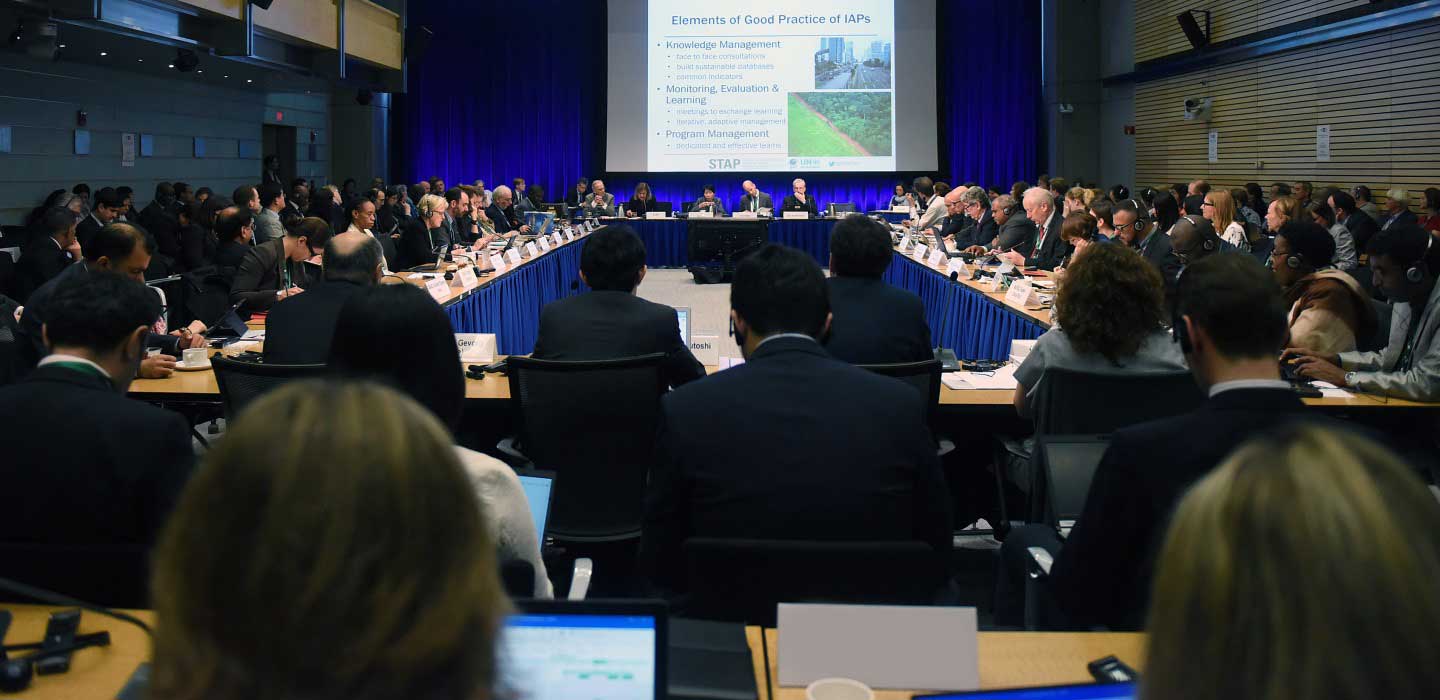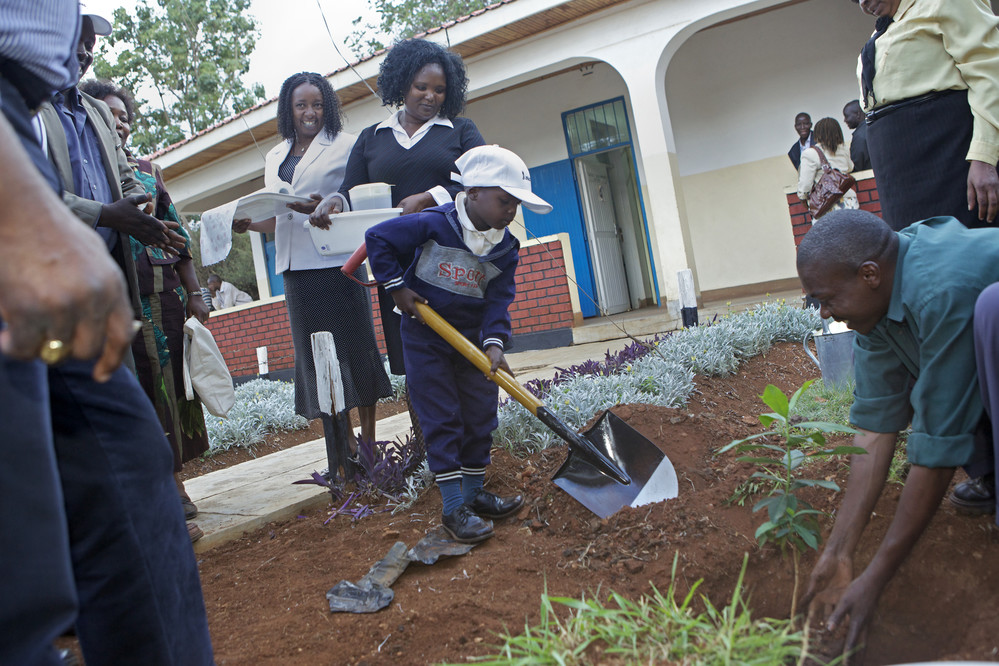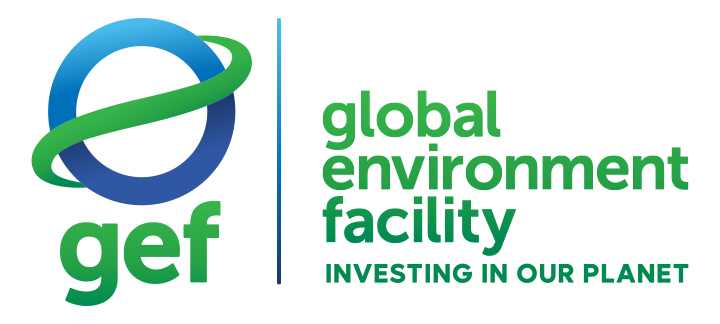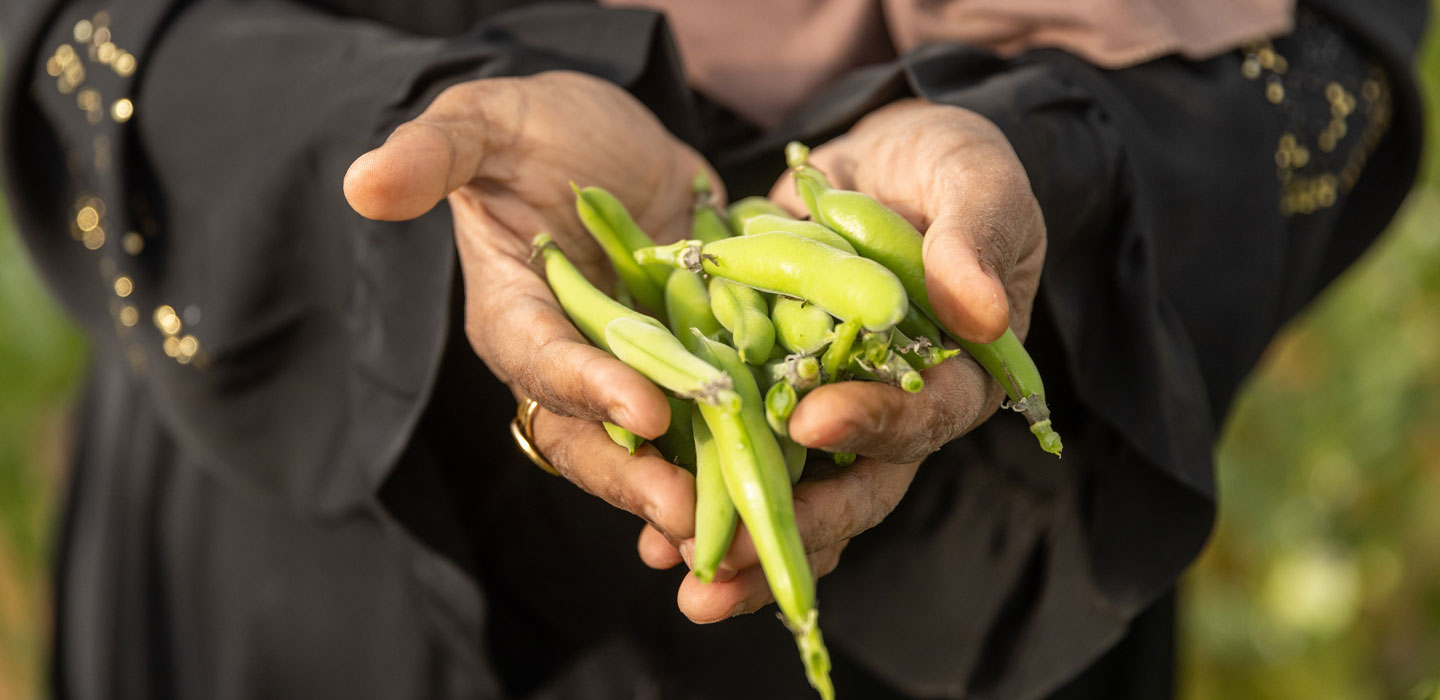Global Environment Facility
Asset Publisher

Global Environment Facility
Global Environment Facility (GEF)
The Global Environment Facility (GEF) is a family of funds dedicated to confronting biodiversity loss, climate change, pollution and strains on land and ocean health. Its grants, blended financing and policy support helps developing countries address their biggest environmental priorities and adhere to international environmental conventions. Over the past three decades, the GEF has provided more than $22 billion and mobilized $120 billion in co-financing for more than 5,000 national and regional projects.
Since its creation in 1991, the GEF has worked on the protection of the global environment and promoted environmentally sustainable development. GEF and IFAD have many common goals and interests, including addressing land degradation, biodiversity loss and climate change.
As one of its executing agencies, IFAD maintains a strategic partnership with the GEF to ensure rural development projects also result in local and global environmental benefits. IFAD’s Environment, Climate, Gender and Social Inclusion Division (ECG) oversees the GEF project pipeline, and works closely with country programme managers to contribute to the design and implementation of projects whose activities reinforce sustainable agricultural practices, and enable countries to meet their national commitments to environmental conventions.
IFAD’s current pipeline of GEF-funded projects invest in smallholder food systems to promote the judicious use of natural resources and address growing land and water constraints. In recent years, community-based adaptation to climate change has become a priority focus area.
Existing projects have succeeded in improving the health of fragile ecosystems, investing in approaches such as sustainable intensification technologies, climate-smart infrastructure, conservation agriculture, agroforestry, and other tried-and-tested solutions. These investments take care to include marginalized rural people, for example through drafting community land use plans and helping people secure access to land rights.
IFAD is leading the way in transforming rural livelihoods by scaling up innovative solutions that redefine the relationship between agriculture and the environment, resulting in higher returns for local communities. The GEF-IFAD partnership has promoted win-win solutions to deliver both global environmental benefits as well as business-friendly gains for rural poor people.
Integrated Approach Programme
The Integrated Approach Programme (IAP) on Food Security in sub-Saharan Africa, supported by the Global Environment Facility, focuses specifically on promoting sustainability and resilience through management of natural resources.
Experts
Asset Publisher



gef contacts
Contact
[email protected]
Spotlight
Asset Publisher
Healthy planet, healthy people: How IFAD and GEF are partnering to transform the world
Small-scale farmers need financial support to face the climate crisis. For the last 20 years, IFAD and the Global Environment Facility have been supporting rural communities as they build food systems that nourish us all.
DECOFOS story map
The Community forestry development of the southern states project (DECOFOS), financed by IFAD and the GEF, promotes sustainable forestry activities that help sustain the Mexican states of Campeche, Chiapas and Oaxaca.
Related publications
Asset Publisher
Lessons Learned from the Resilient Food Systems Programme
This publication presents the results of the Resilient Food Systems programme which aims to strengthen policy dialogue and decision-making in 12 countries in Sub-Saharan Africa.
The IFAD-GEF Advantage III: An integrated approach for food systems, climate and nature
This third edition of the GEF-IFAD Advantage highlights the partnership's advantages in various domains, including food systems, biodiversity, climate change adaptation and land degradation.
Resilient Food Systems Programme Highlights 2022
Resilient Food Systems promotes a holistic approach to enhancing agricultural productivity and restoring degraded landscapes in smallholder farming systems. This report showcases the achievements and innovations of the programme in 2022 across 12 countries in sub-Saharan Africa.
Related videos
Asset Publisher




